The Name
Where did the name Complementary Training come from? Well, it took me a while to really ‘conceptualize’ what I truly believe in, and complementarity is one of the things. The first time I came across this concept was while reading the Dynamics of Skill Acquisition: A Constraints-Led Approach by Keith Davids et al.
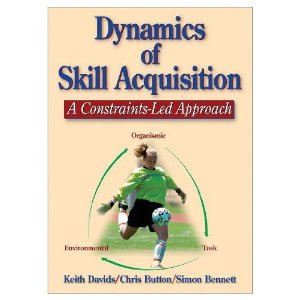
In this book, there were references to papers and books by Scott Kelso, a neuroscientist I had already heard of but had never actually researched. Some of his books include Dynamic Patterns : The Self-Organization of Brain and Behavior and The Complementary Nature
.
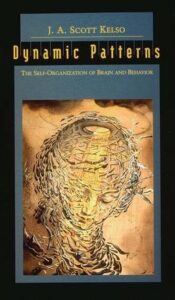
Thus, the Complementary Training is taken from the title of the latter book. For more info about complementary nature, squiggle sense, coordination dynamics, and complex systems, I highly suggest checking the Complementary Nature website.
What does all this have to do with training and nutrition, you ask? Well, keep on reading the blog.

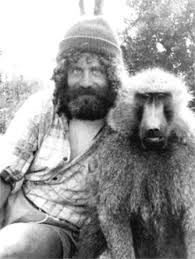
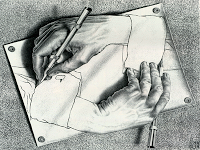
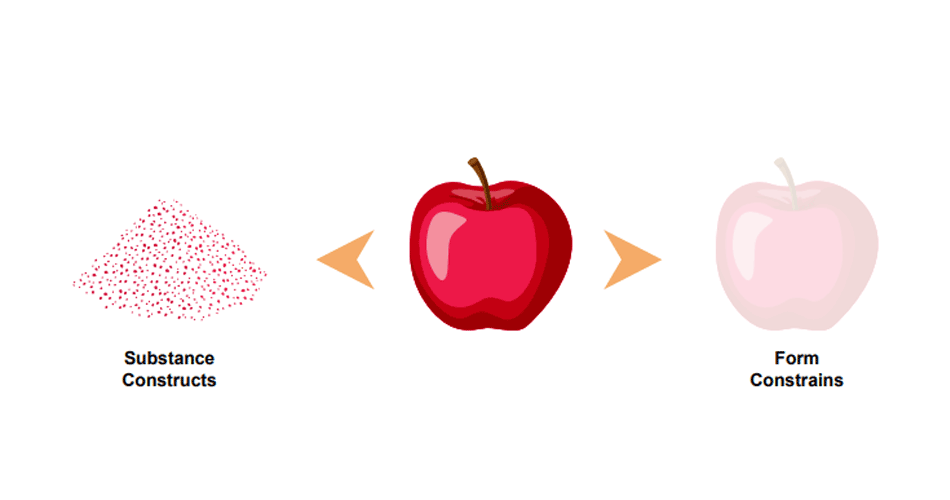
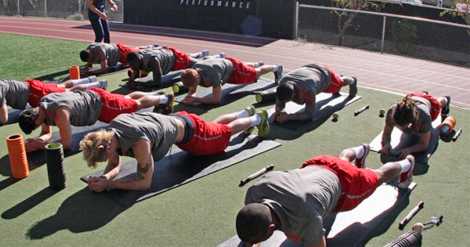






Responses